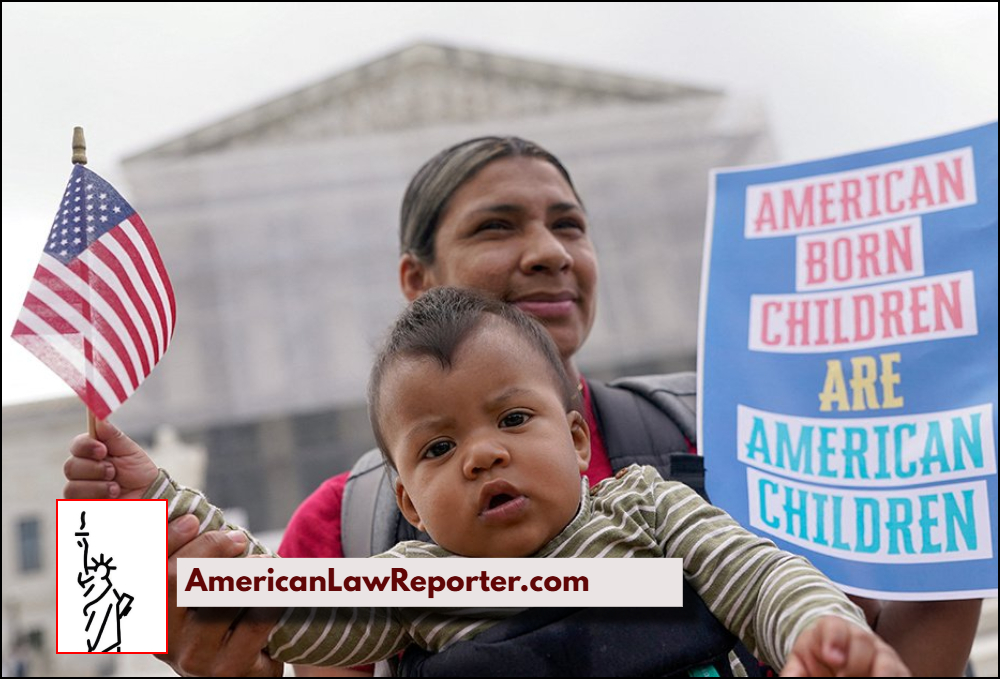A preliminary injunction blocking the enforcement of President Donald Trump’s executive order aimed at ending birthright citizenship will remain in effect after the administration failed to file an appeal within the allotted timeframe.
The legal setback marks a significant development in immigration law and constitutional rights, according to immigration attorney LaToya McBean Pompy.
McBean Pompy, who broke down the legal implications in a video posted to her platform McBean Immigration TV, called the news “very, very good” for U.S.-born children of immigrant parents.
“The Trump administration failed to appeal within the seven-day stay period, which now allows the injunction to proceed,” she explained. “That means the executive order seeking to end birthright citizenship cannot move forward—at least for now.”
The preliminary injunction was issued on July 10 by a U.S. district judge in the case of Barbara v. Trump. The court not only halted the enforcement of the executive order but also certified a nationwide class of affected plaintiffs—U.S.-born children whose citizenship status could be threatened by the order.

The administration’s failure to appeal before the Friday, July 19 deadline means that federal protections for birthright citizenship, as guaranteed under the 14th Amendment, remain intact.
“This case marks a major challenge to Trump’s efforts to redefine the Fourteenth Amendment,” said McBean Pompy. “It protects the rights of U.S.-born children, many of whom have immigrant parents, from being stripped of their citizenship.”
The timing of the ruling is particularly significant, coming on the heels of a recent U.S. Supreme Court decision that limited the use of nationwide injunctions—a favored tool in recent years for halting federal policy shifts. Despite that ruling, the district judge’s certification of a nationwide class of plaintiffs has created what McBean Pompy described as “a new legal pathway for blocking federal policies deemed unlawful.”
“This tactic may now be the only remaining practical and efficient way for district courts to stop or halt executive actions on a nationwide scale,” she added, referencing coverage by The New York Times.
Although the Trump administration may still pursue a full trial in the coming months, the current status quo offers a key legal win for immigration advocates and constitutional scholars alike.
Meanwhile, McBean Pompy also highlighted other concerning developments in U.S. immigration enforcement, including plans to expand detention camps and increase ICE’s access to Medicaid data.
“Obviously, you know, things are unfolding minute by minute here with these big changes that President Trump is trying to enforce,” she noted. “But this is good news.”
As the case continues to play out in the courts, immigration attorneys and constitutional experts will be watching closely to see how district courts navigate Supreme Court constraints while continuing to provide nationwide legal relief.
For further updates on immigration law and civil rights developments, visit McBean Immigration TV.

